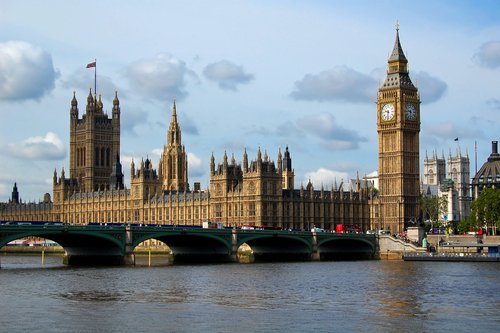
University of Ulster have given evidence to a high-powered House of Commons group examining emerging issues on the planning, design, construction, management and maintenance of the built environment.
Dr Norry McBride, Dr Elaine Ramsey, Derek Bond and Stuart Thompson briefed a meeting the All -Party Parliamentary Group For Excellence In The Built Environment (APPEGBE) on the work of the University of Ulster.
The invitation to London was sparked by the University's role in the Natural Energy Efficient Sustainable programme (NEES), an EU INTERREG-funded project investigating the potential of using recyclable and natural materials to make buildings more energy efficient.
Key points made to the All-Party Group were:
• Existing technologies used to make buildings more energy efficient (fibreglass, plastics etc.) can be composed of materials that are carbon intensive to produce and transport, and can be difficult to dispose of. This means that the positive effects of reduced energy usage are mitigated by the harm caused by the production. NEES is promoting alternative materials (sheep wool, hemp etc.) that have a lower carbon footprint to produce and can be disposed of without harming the environment.
• Considerable sums of money have been invested in energy intensive construction methods while sustainable alternative have been largely neglected.
• Usage and production of locally sourced materials should be encouraged by policy makers as it reduces the carbon emissions created by transportation.
• There is a shortage of skills and experience in using traditional building methods (i.e. masonry, cob) which poses a problem for retrofitting and new build.
• NEES will encourage the development of regional knowledge exchange hubs to promote sustainable construction technologies and techniques and the creation of regional development agencies to stimulate interest and increase market capacity.
• Policy makers should promote the usage of tax and rate relief for sustainable energy efficient buildings, to stimulate uptake.
Dr Norry McBride, Director of Academic Enterprise for the Ulster Business School, said:
“The university team from the Ulster Business School has been working on the formulation of stress testing business models over the last few years on a number of various renewable and sustainable energy projects.
“As a result we were given the opportunity to present our ongoing research at the Houses of Parliament which will, hopefully, influence government policy on the promotion and implementation of low carbon, new-build social housing, as well as benefiting the private sector.”

















